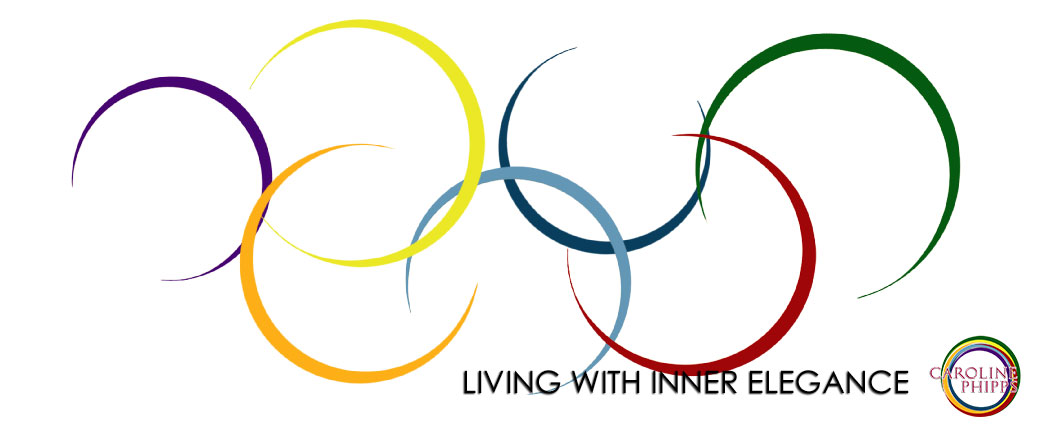The Death of Creativity
How Boredom Can Save It
- Albert Einstein
Research suggests what we’ve all suspected for some time, we are becoming less creative. Since the mid 1990’s scores that measure our ability to be creative have shown a steady decline. Just like the obesity crisis can be partially linked to the addition of high fructose corn syrup, it’s probably no surprise that the decline in our creativity appears to coincide with the rise of the internet.
Historically every generation has a tendency to be concerned about the character and ability of those who succeed it. But in today’s algorithm driven world and instant access to everything we could ever want, should we be concerned about losing our ability to create and think in an original way?
Some years ago, I was fortunate enough to have the opportunity to produce a play in a high security men’s correctional facility in the Catskill Mountains. I had no idea what to expect that first day as I navigated the multiple metal doors that divide the men from the world outside. Resistance? Disinterest? Hostility even? What I discovered instead was a masterclass. A masterclass in collaborative creativity.
Most of the men in our theater troop had been inside for over fifteen years and were still comparatively young having been sentenced as teenagers. They had no cell phones and extremely limited computer time with no internet access. Working with them was like going back to a time without Instagram, Netflix or Spotify. With only paper and pen at their disposal, their spare time was taken up with writing letters and creating stories, novels, screenplays, poetry and drawings.
This creative foundation gave the men an imaginative approach to the play that would be hard to find on the “outside”. They created additional inventive aspects to the characters and the costumes; they worked on imaginative solutions to create props from barely anything; without material to build a set, they drew every inch with a magic marker on pages from a school exercise book and taped them together. And the biggest thing, they constantly worked out creative ways to put ego aside and support one another in a system designed to do the opposite.
My experience in the prison affirms what scientists now believe, that the dearth of creativity today stems from the fact that we are over stimulated, over scheduled and over-loaded with information and entertainment that comes at us from all directions. Boredom is thought to be one of the main catalysts of creativity and these days we don’t ever have to be bored. Growing up in a world without electronics, much of my childhood was spent roaming free and making things up as we went along. If we wanted entertainment, we had to create it.
By blocking access to our creativity with all our busyness, we don’t place a value on our unique gifts and talents. Divine inspiration cannot find a home with us,; we are reduced to being spectators and poor imitators of others. If we want to be our best selves, the good news is that we have a choice to reconnect and increase our ability to think and act creatively in every aspect of our lives including relationships, work, sports and leisure time.
And our first task on the road to greater creativity sounds outrageous today, schedule some “do nothing” time. And, even more outrageous, don’t feel guilty about it. Creative ideas need this room to develop and even more room to take root. Activities that we can do safely while our minds wander can be equally fertile like showering or folding laundry. When Steve Jobs needed to access his creativity, he famously left the office and went for a walk. And here’s the big one in today’s world, limit your vacant hours of screen time entertainment it will be well worth it.
For in the words of Albert Einstein Imagination is more important than knowledge. Knowledge is limited. Imagination encircles the world.


